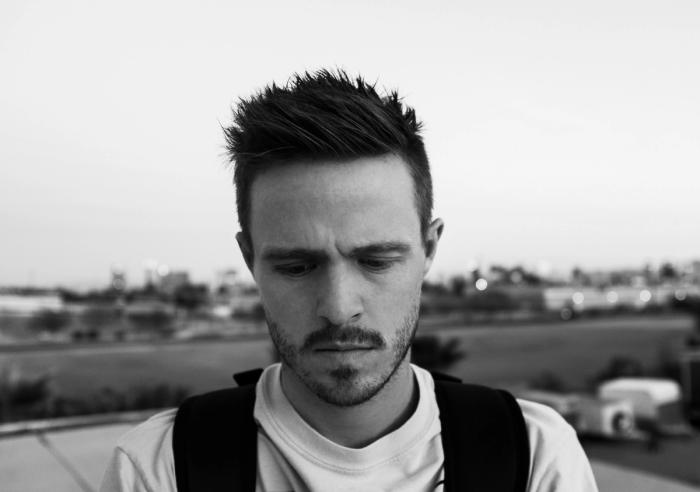What comes to your mind when you think about death? As a kid, I’d imagine the death of someone near to me and cry. I’ll leave it to others to parse why those types of thoughts enter a child’s mind, but I quickly came to the realization that it’d be preferable to avoid thoughts about death altogether.
Of course, it’s not possible to do this in a society where death is considered a “normal part of life,” as though death were like an estranged friend we’d be better off making peace with. Experience teaches us differently. When death forcefully confronts us, he surprises from behind like an unexpected thief, or he slowly torments us like the bully in school, assaulting our dignity over time until we’re exasperated.
Society attempts to make peace with death through acceptance, but God had different plans. According to the Bible, death isn’t a distant (or nearby) friend we should accept, but a terrible monster. The Christian faith teaches that death isn’t a natural part of humanity, but is instead its greatest enemy (1 Cor. 15:26). Hence, the Christian religion is not about preparing people for death or learning to live well in the meantime. It is the confrontation of death by God. Here’s what God does with death:
1. God mocks death.
The apostle Paul, writing about the resurrection of the dead, said, “When the perishable puts on the imperishable, and the mortal puts on immortality, then shall come to pass the saying that is written: ‘Death is swallowed up in victory. O death, where is your victory? O death, where is your sting?’” (1 Cor 15:54-55) Think about that for a second: the same death that enslaves humanity with fear (Heb. 2:15) is stingless, and God wants the world to know. Death mocks man with its poison stinger, but God reminds death that it’s ultimately impotent. The final victory doesn’t belong to this bandit, but to God.
2. God beats death at its own game.
The resurrection of Jesus wasn’t a fancy way of confirming the identity of the Messiah. The resurrection of Christ was God confronting death. The Son of God entered the cave where the terrible death monster lived and came out whole after three days. Jesus’ death and resurrection mortified death. As God, Jesus has power over death. Jesus said, “Truly, truly, I say to you, an hour is coming, and is now here when the dead will hear the voice of the Son of God, and those who hear will live. For as the Father has life in himself, so he has granted the Son also to have life in himself.” (Jn 5:25-26)
3. God uses death to teach us.
Death defeated becomes an aid to the people of God. Ecclesiastes 7:2 states, “It is better to go to the house of mourning than to go to the house of feasting, for this is the end of all mankind, and the living will lay it to heart.” God is saying that the house of mourning—the funeral—has something to teach us. It reminds us that life is short and that we aren’t invincible. Death causes us to look outside of ourselves for a solution to our corruptibility. When we do, we see a Lamb standing as though it had been slain (Rev. 5:6).
Death can still catch us by surprise, but when he opens his mouth to consume us, it becomes apparent that he is without teeth. He lost his fangs when he sunk them into the flesh of God the Word. Our bodies succumb to illness, our hearts fail, but death is still without victory. The victory is Christ’s who rose from the dead, and through whom we too have the hope of the resurrection of the dead and the life of the world to come.






